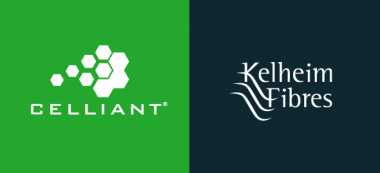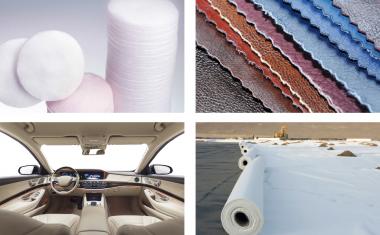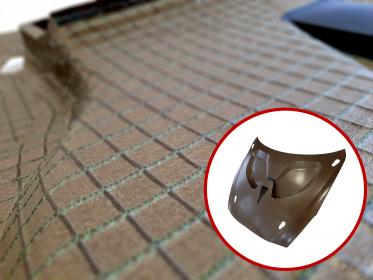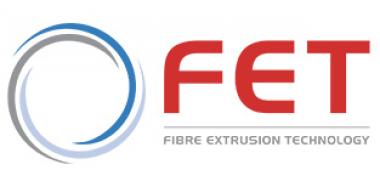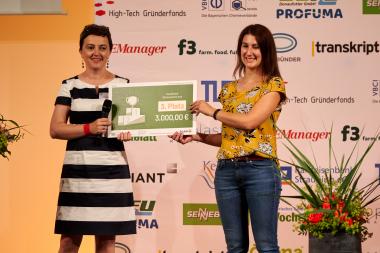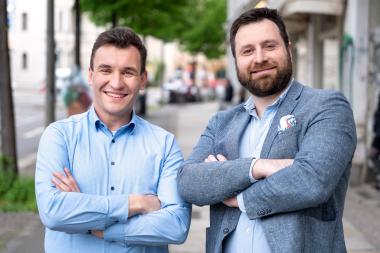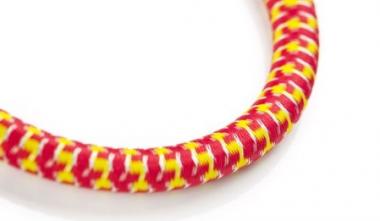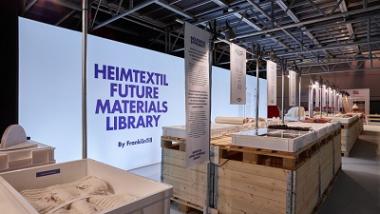Kelheim Fibres to Increase Viscose Fibre Prices from 1. October 2021
Kelheim Fibres GmbH is announcing that with effect from 01. October 2021, or as contracts and agreements allow, prices for its range of viscose fibres will be increased by €0,20/kg. In addition, freight cost adjustments will be applied on an individual customer basis. In cases where energy cost adjustments are not included in contracts and agreements, a temporary energy surcharge will be applied.
“The measures we are taking are absolutely necessary to ensure that Kelheim Fibres remains in a position to supply fibres with the levels of quality and service expected by our customers,” says Matthew North, Commercial Director of Kelheim Fibres.
The year 2021 has brought extraordinary challenges for society and for industry. Alongside the Covid-19 pandemic, recovering demand, disruption in the global freight systems and dramatically increased energy costs are driving significant cost increases for raw materials and negatively influencing supply chains. Prices for energy and freight currently lie well outside their historical ranges.
Es sei der Kelheim Fibres GmbH gelungen, die Auswirkungen der Pandemie auf die Faserproduktion zu begrenzen. Aber als Unternehmen mit eigener Kraft-Wärme-Kopplungsanlage und einem hohen Exportanteil in Staaten außerhalb Europas hätten sich diese Kostenfaktoren im zweiten und dritten Quartal 2021 stark negativ auf die Margen ausgewirkt. Da die Energiekosten auf einem beispiellos hohen Niveau verharrten und im vierten Quartal möglicherweise weiter ansteigen werden, keine Entlastung bei den hohen Frachtkosten absehbar sei und auch die Rohstoffkosten auf hohem Niveau blieben, müsse das Unternehmen Maßnahmen ergreifen, um eine weitere Margenerosion zu verhindern.
Kelheim Fibres GmbH had succeeded in limiting the impact of the pandemic on fibre production. However, as a company operating its own cogeneration energy plant and with a high level of export business outside Europe, these cost factors have had a severe negative impact on margins during the second and third quarters of 2021. With energy costs set to remain at unprecedentedly high levels and potentially increase further in the fourth quarter, no relief to the high level of freight costs foreseeable, and raw material costs also remaining at a high level, the company needs to take steps to prevent further margin erosion.
Kelheim Fibres’ Business Managers will be in contact with individual customers during September with further information.
Kelheim Fibres





